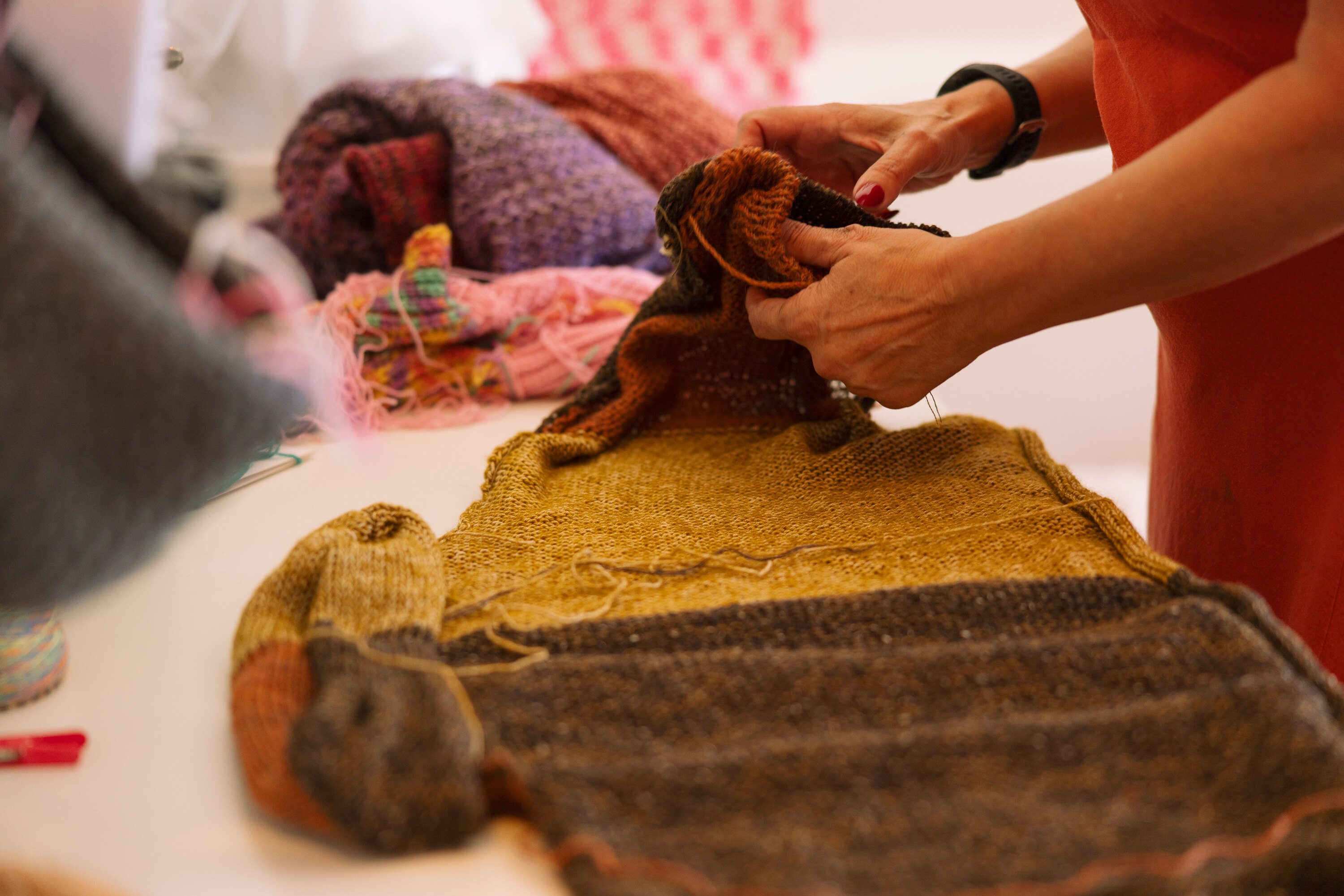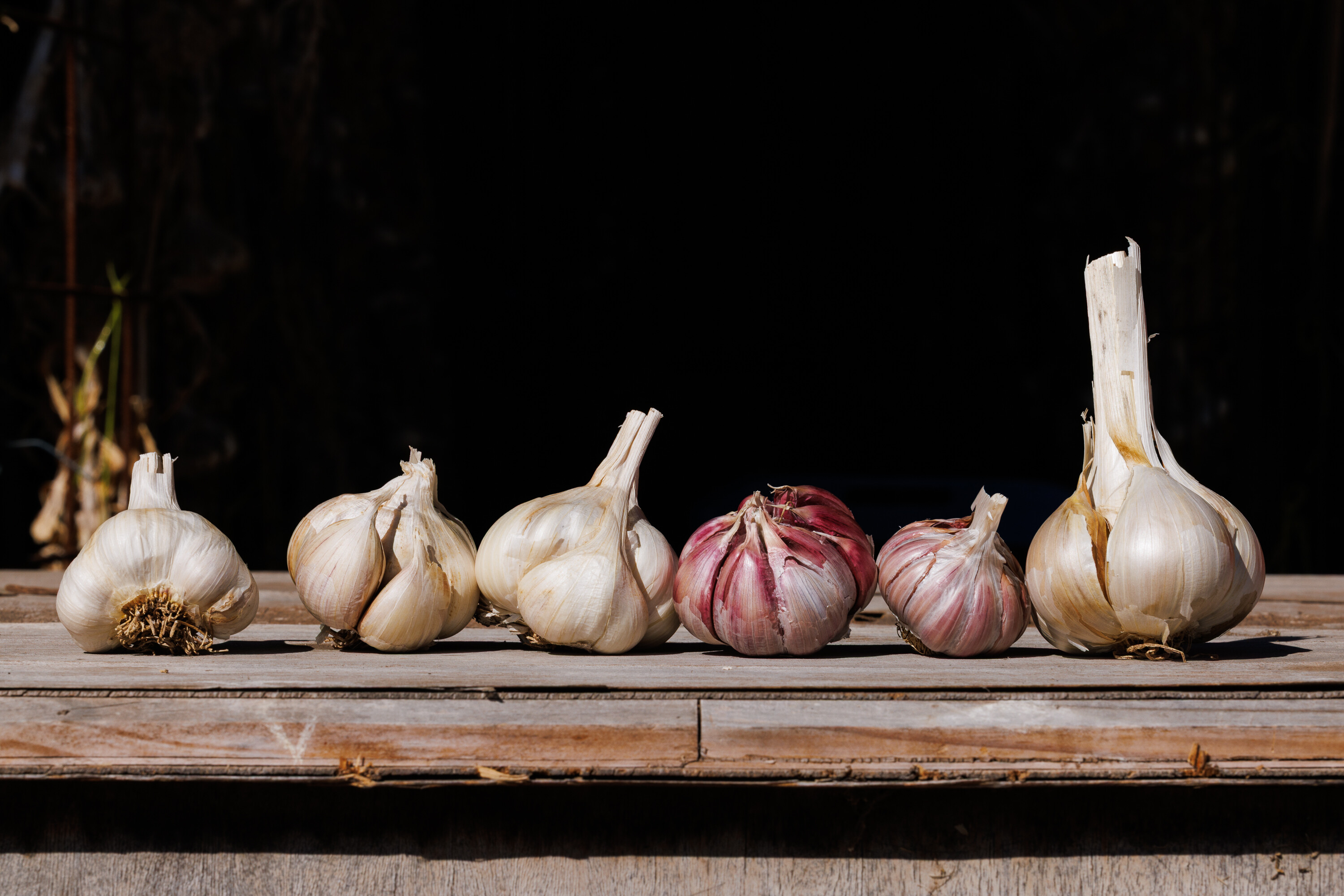This Australian Research Council Discovery Project (DP 220100110) investigates the meanings and practices associated with the turn to local provisioning and production in Australia under COVID-19. The knowledge generated will provide both policy-makers and artisanal industries with invaluable insights into the cultural values underpinning the marketplace for small-scale Australian producers, and how this can be leveraged to enable future growth.
This is the first project to explore the full and growing field of artisanal production and consumption in Australia. By understanding the meaning and values underpinning people’s choices, and not just counting their economic effects, the project will be able to understand how small-scale and artisanal producers have sought to maintain sustainable businesses through pandemic recovery, the cultural identities and discourses in play in the selling of Australian-made goods, and how locally made artisanal products can inclusively reach wider markets.
 Artisanal practices have taken on new and more diverse characteristics as the local has become an important site of action during the pandemic, directly linked to supply chain impacts, global mobilities (or their absence), and the need to be more attentive to how and where we shop and produce. However, the issue of affordability continues to haunt the contemporary artisanal sector, with the higher cost of the artisanal raising ongoing questions about equality and access. Who is able to ‘turn to the local’ (either as a producer or consumer), and what does this mean for the sustainability and growth of local artisanal production?
Artisanal practices have taken on new and more diverse characteristics as the local has become an important site of action during the pandemic, directly linked to supply chain impacts, global mobilities (or their absence), and the need to be more attentive to how and where we shop and produce. However, the issue of affordability continues to haunt the contemporary artisanal sector, with the higher cost of the artisanal raising ongoing questions about equality and access. Who is able to ‘turn to the local’ (either as a producer or consumer), and what does this mean for the sustainability and growth of local artisanal production?

About the project

To answer the above questions, the project builds upon the previous collaborative work of the lead researchers, bringing together their respective expertise as media and cultural scholars exploring food (Assoc Prof Phillipov) and craft (Prof Luckman) economies and their social worlds. Through this joint research, we have identified multiple alignments between food and craft economies and the ways in which they have become vehicles for a larger reimagining of ideals of production and consumption across much of the Global North. Central to this is the way that both sectors mobilise similar, and often intertwined, discourses that champion the local alongside other powerful cultural values around authenticity, retreat, and the celebration of the artisanal.

The research consists of three primary activities:
1. analysis of media and cultural discourses, and government, social enterprise and NGO policy initiatives;
2. a national survey of consumers; and
3. semi-structured interviews with small-scale Australian producers.
These methods allow us to go beyond analysis of individual production or consumption sectors to investigate the broader ecosystems in which local production and consumption occur, thereby revealing the intersections and opportunities of artisanal and small-scale production as a broader field. By offering an integrated analysis of the interaction between artisanal production sectors, producers, consumers, and media and marketing texts, this project isexploring the discourses and practices shaping local artisanal economies and seeking to identify new ways in which markets for the artisanal can be sustainably realised and grown.

Research team
University of Adelaide: Associate Professor Michelle Phillipov
University of South Australia: Professor Susan Luckman
Open Access Academic/Publications
Phillipov, Michelle, Susan Luckman and Lyn Gaur (2025), ‘The Artisanal Imaginaries of Contemporary Production’, Journal of Communication. https://doi.org/10.1093/joc/jqaf028.
Phillipov, Michelle, Susan Luckman and Jessica Loyer (2023), 'Agile producers and heroic consumers', Media International Australia. https://doi.org/10.1177/1329878X231213448
Luckman, Susan and Michelle Phillipov (2020), ‘‘I’d (still) rather be a cyborg than a hipster’: The artisanal dispositif and the return of the (domestic) goddess’, International Journal of Cultural Studies, https://doi.org/10.1177/1367877919899959.
Key contact
Professor Susan Luckman




